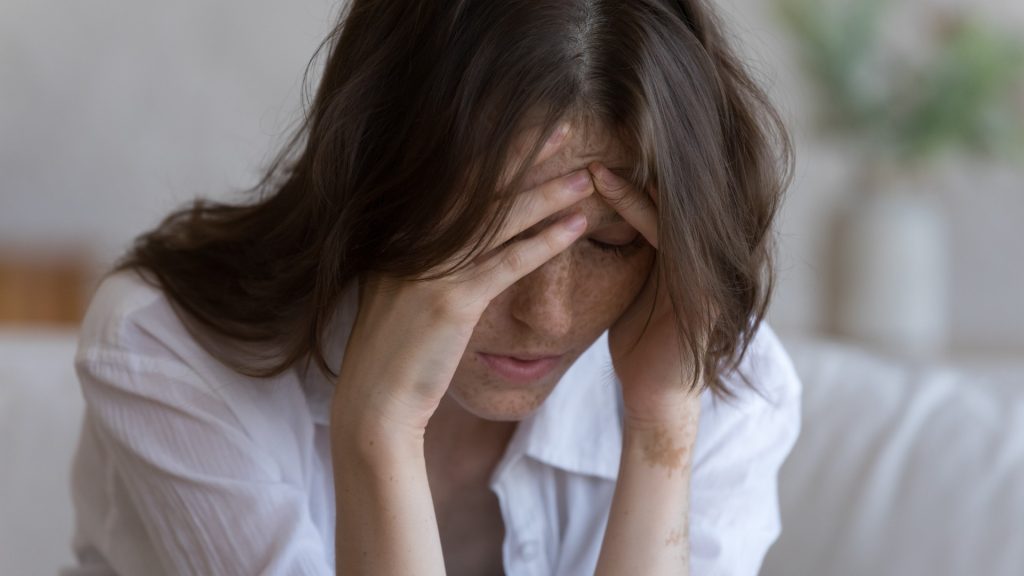Women experience depression at nearly twice the rate of men, and their symptoms often reflect unique biological and social dynamics.
Others are reading now
Depression is a complex mental health condition that impacts millions of people worldwide, but women experience it at nearly twice the rate of men. Beyond feeling sad or down, depression can interfere with daily life, relationships, and physical health. Understanding how it manifests in women is essential for seeking support and treatment.
According to Healthline, women may not even realize they’re struggling with depression until symptoms persist over time.
What Depression Looks Like in Women
Women tend to experience depression differently than men, both in symptom type and intensity. Common signs include losing interest in activities, persistent fatigue, feelings of guilt or worthlessness, trouble concentrating, changes in appetite or weight, and crying without a clear cause.
Many women also face mood swings, irritability, anxiety, sleep disturbances, or thoughts of death.
Also read
Hormonal fluctuations related to menstruation, pregnancy, childbirth, and menopause contribute to these differences. Social expectations and norms may also lead women to internalize their emotions more often than men, who might express anger or turn to external behaviors like substance use.
Biological and Life Event Triggers
Several factors can cause or worsen depression in women:
-
PMS and PMDD: Hormonal shifts before menstruation may influence mood-regulating chemicals, sometimes causing depressive symptoms severe enough to be diagnosed as premenstrual dysphoric disorder (PMDD).
-
Perinatal and Postpartum Depression: Pregnancy and childbirth can cause dramatic hormonal changes. These, combined with stress, relationship issues, or a lack of support, can lead to perinatal depression.
-
Perimenopausal Depression: The transition to menopause may bring about depressive symptoms, especially in those with a history of postpartum depression or significant life stress.
More generally, depression in women can be triggered by trauma, chronic illness, loss, or long-term stress. A family history of depression or chemical imbalances may also play a role.
Managing and Coping with Symptoms
Coping with depression often requires a multi-faceted approach. Regular exercise, nutritious eating, and daily sunlight exposure can all help regulate mood. Therapeutic practices like meditation or yoga may relieve stress-related symptoms. Building a supportive social circle is also crucial; distancing from toxic influences can improve emotional health.
Talking to a mental health professional can provide a safe space to identify root causes and develop coping strategies. In some cases, medication may be necessary to manage chemical imbalances or persistent symptoms.
When lifestyle changes aren’t enough, it’s important to consult a healthcare provider. Antidepressants, used under medical supervision, can restore balance and improve quality of life.
Depression is highly treatable. Recognizing how it uniquely affects women is the first step toward healing and support.








